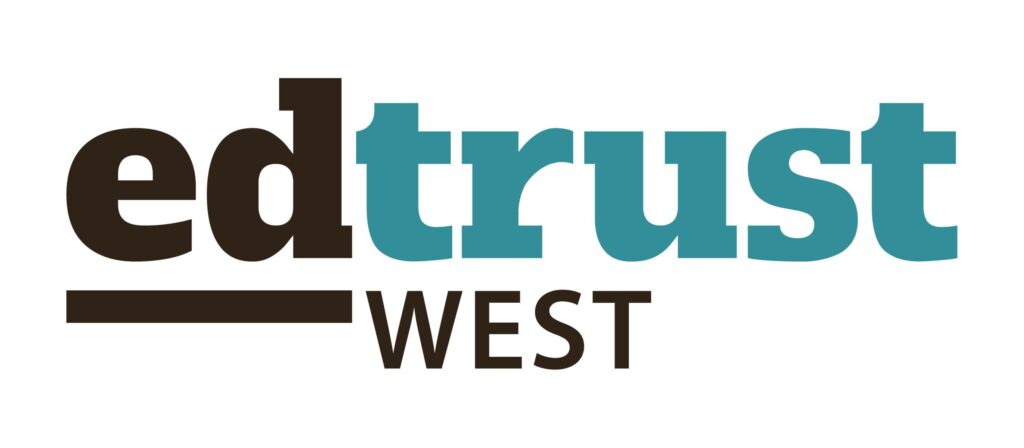When California passed its 2020-21 budget in June, The EdTrust—West (ETW) elevated the need for additional federal investments by October 15 to continue the progress California has made on college access and affordability. In a poll of higher education students conducted in May, ETW found over half of students (54%) said they were feeling uneasy about their finances and only half (49%) think they were able to afford necessary expenses like food, housing, and tuition.
Our state and federal representatives must secure additional funding to prevent a college access and affordability crisis like the one we saw in the wake of the 2008 recession. Federal funding is needed immediately to help students with pandemic–induced challenges, including the digital divide, improving access to educators and support staff, food and housing insecurities, and other wrap-around services.
Approximately $970 million in funding for the University of California (UC) and the California State University (CSU) system is on the line, which will have a disproportionate effect on students from lower income households and students of color. While both the Legislature and the Governor’s office expressed expectations that the UC and CSU uphold their equity principles, minimize the potential impact of budget cuts on students most affected by the COVID-19 crisis, and implement reductions in ways that do not exacerbate opportunity and attainment gaps, the reality is without federal funding, decision–makers are between a rock and a hard place.
As the UC and CSU weigh different scenarios on how to implement triggered budget cuts, we call on decision–makers to consider three equity principles outlined in our Equity 8 COVID-19 edition:
- If cuts are necessary, avoid making across-the-board cuts. Students who are the most in need must be prioritized for funding and cut the least.
- Prioritize funding for student support services at colleges and universities to serve the students hardest hit by the COVID-19 crisis.
- Avoid cutting categorical funds focused on closing attainment gaps.
Additionally, we as a State must continue to fight for education equity on all levels of public education. We have an opportunity this election to make structural changes within our public education system. It starts with passing the School and Communities First Initiative (Prop 15) and restoring affirmative action (Prop 16).

